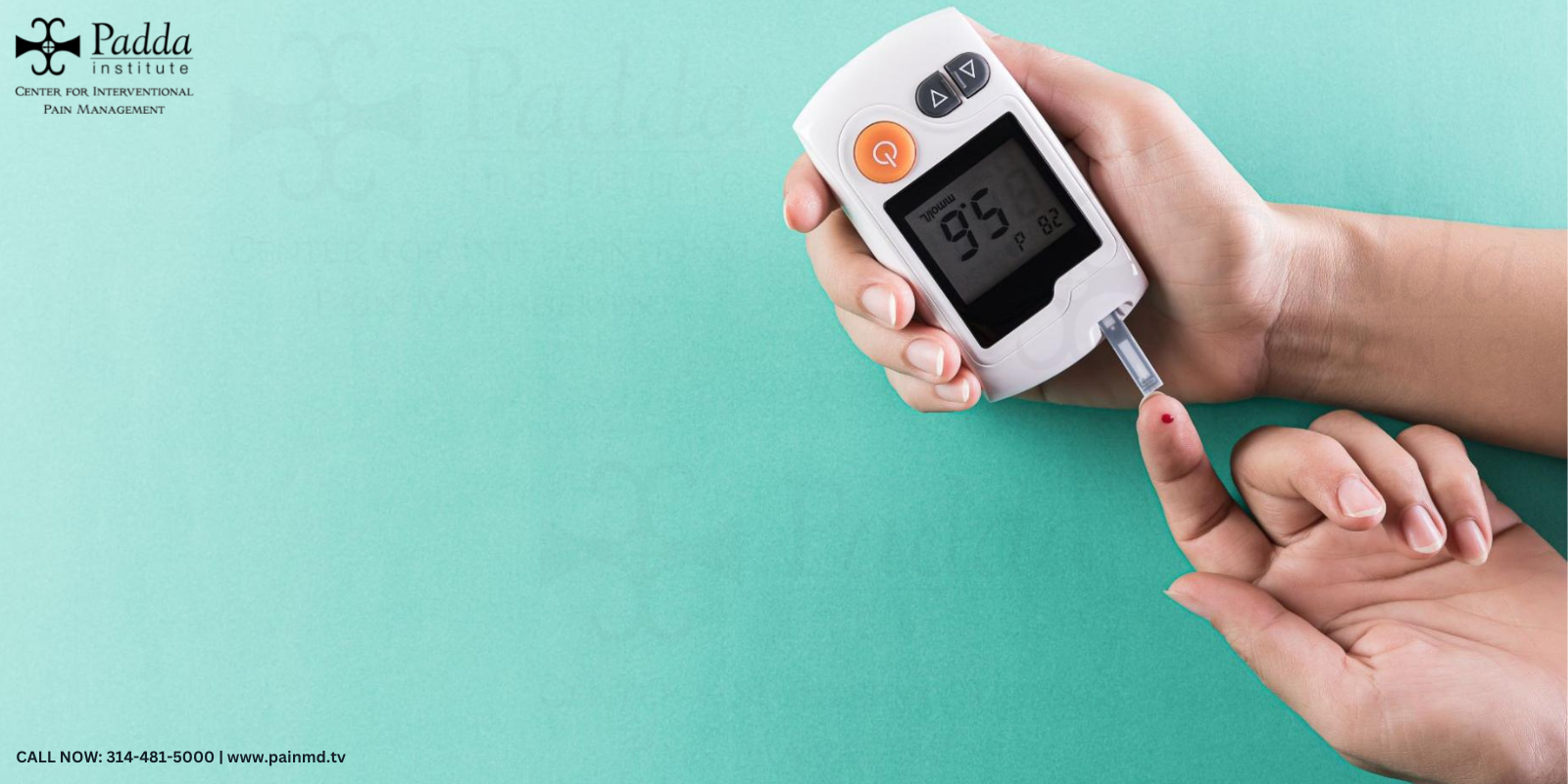Practicing mindfulness, such as yoga and meditation, may be a helpful addition to diabetic neuropathy treatment plans. In addition to reducing stress and improving overall blood sugar control, a systemic review found that practicing mindfulness may help reduce HbA1C by an average of 0.84%. These results are quite comparable to metformin which helps reduce HbA1C on average by 1.1%.
Diabetes is a chronic heterogeneous metabolic disorder. Here it is vital to understand that type 2 diabetes is a heterogeneous disorder. It means that the condition is caused by many factors. Though high-calorie intake and a sedentary lifestyle are among the most critical factors causing diabetes, there are many other reasons. Thus, it is vital to understand the role of heterogeneity in diabetes development1. Thus, for example, those living with chronic inflammation are at a greater risk of developing diabetes.
Similarly, type 2 diabetes may also occur due to chronic stress. Stress results in higher blood cortisol levels, resulting in greater insulin resistance and higher blood sugar levels. If chronic stress is not managed, it may considerably increase type 2 diabetes risk. Therefore, those living with diabetes would need to make multiple lifestyle changes to control diabetes. However, since many people do not understand the condition’s heterogeneity, they fail to reduce their blood sugar levels.
Despite extensive medical treatment, half of those living with diabetes fail to achieve their HbA1C targets. Every second person living with diabetes has an HbA1C above 7%. Hence, researchers are always looking for non-pharmacological means of improving blood sugar levels. Practicing mindfulness, like yoga or meditation, may have many health benefits. For example, it may help reduce stress and also help gain better control over blood sugar levels.
Studies suggest that about two third of Americans living with diabetes practice mindfulness. Though most practicing mindfulness report some benefits, its impact on blood sugar levels remains unclear. The new study published in the Journal of Integrative and Complementary Medicine found that practicing mindfulness really helps. However, researchers say that what came as a surprise to them is more than the expected benefits. Researchers did not expect mindfulness to be of such immense benefit and may be as good as some of the commonly used drugs.
The study was a systemic review and meta-analysis, which is a special kind of study that combines data from multiple studies. For the study, researchers analyzed findings from 28 clinical trials. And, then they compared the benefit of practicing mindfulness with commonly used medications. They found that practicing mindfulness can result, on average 0.84% reduction in HbA1C.
This is a significant benefit, especially if we compare it with metformin, one of the first-line treatments for type 2 diabetes. Studies show that metformin use, on average, results in a 1.1% decline in HbA1C. However, they also found that the biggest benefit was from yoga, which on average, could help reduce HbA1C by 1%.
Researchers say that they were not amazed by the finding that mindfulness can help control blood sugar levels. However, they were astonished to find such a significant benefit. It means that mindfulness can be used to prevent and manage diabetes. It means that there is a need to start using mindfulness as one of the tools to manage diabetes along with medications. At present, researchers do not propose using mindfulness in place of medications. However, the study shows that practicing mindfulness is as important as lifestyle measures in managing diabetes.




